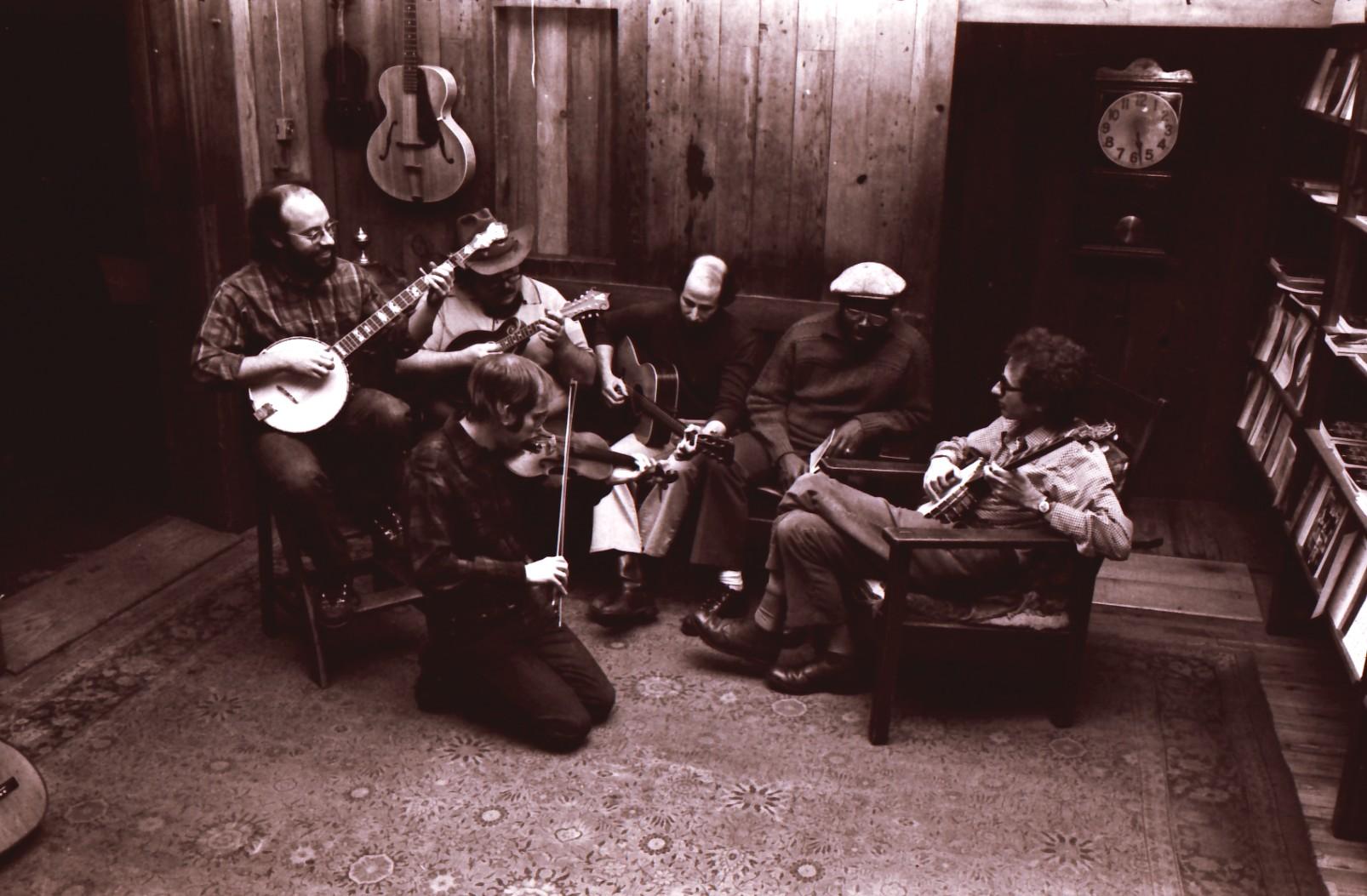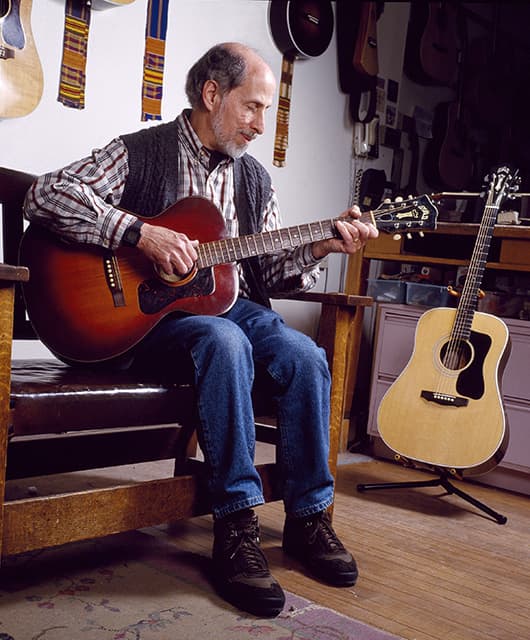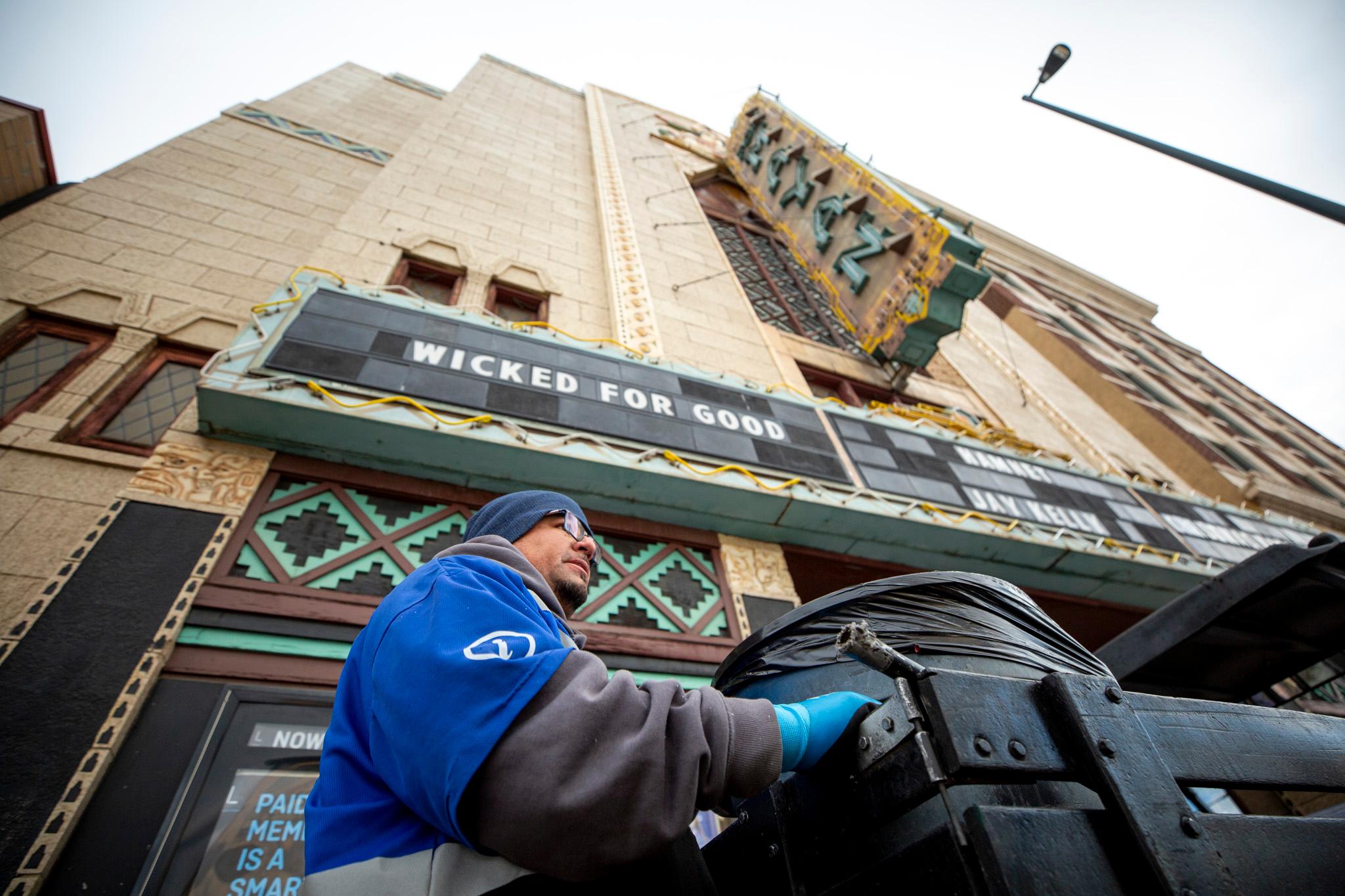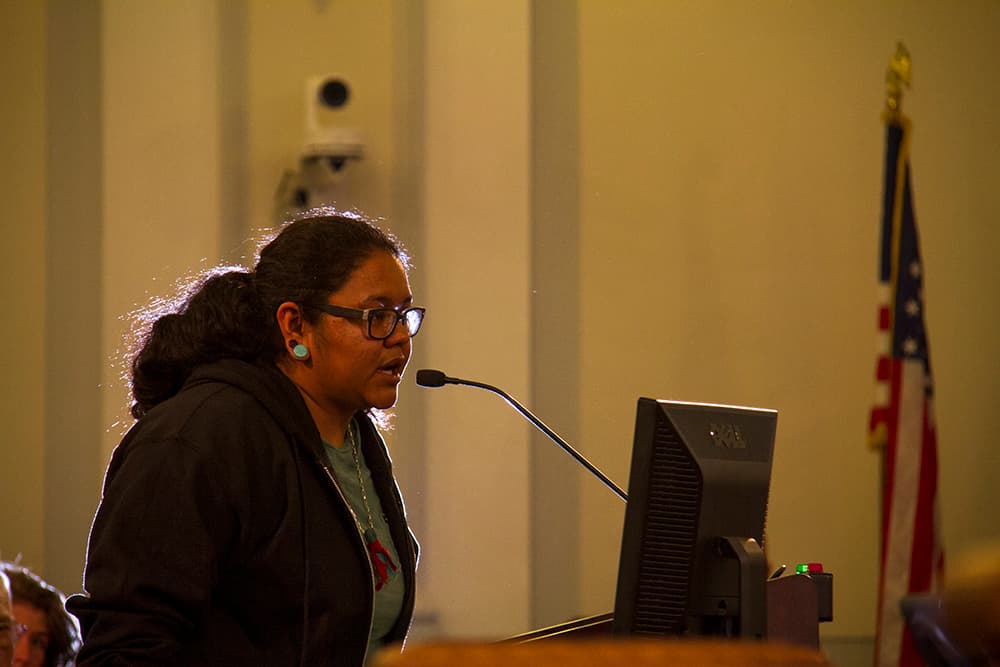
Owner and founder Harry Tuft has sold the Denver Folklore Center. Don't panic.
Tuft sold the shop -- which sells, rents and services acoustic string instruments -- to friends, musicians and longtime customers Saul Rosenthal and Claude Brachfeld.
The decision was made over lunch more than a year and a half ago, and the sale was finalized on Tuesday.
"I’ve been a customer of the store for many years, so it’s probably the case that we had our first interactions with him as owner and me as a customer,” Rosenthal said.
They started running into each other socially, then began to play and perform together.
“A few years ago we decided it would be nice if we got together outside of work now and then. It was one of those lunches where he told me he was going to sell.”

Tuft, originally from Philadelphia, first opened the Denver Folklore Center in 1962. Since then, it’s become central to the Denver and Colorado music scenes. It’s the place where the bluegrass band Hot Rize formed and the place that inspired blues musician Otis Taylor. It’s been at the service of musicians like Rosenthal and Brachfeld for more than 50 years and it spawned Swallow Hill Music.
Letting it all go wasn't an easy decision, but Tuft has his reasons.

“One is that I’ve been doing it a long time and maybe some of the pieces of it have lost their luster. And, the last few years, I’ve been able to take more time away from the store and do what I came out here to do originally, which was to make music. I realized if I really wanted to do that, I needed to concentrate on this full-time,” he said. “Every year that goes by, I’m not sure just how much voice and how many fingers will work, so it’s a good time to turn my interests in that direction.”
Tuft plans to record and perform around Colorado and the country, solo and with his band of 40 years, Grubstake. He’ll continue to lead a hootenanny once a month for Swallow Hill, the establishment of which he says is the part of the Denver Folklore Center legacy he’s most proud of.
“I’m always ready to support them in any way,” he said.
“From what we can tell right now, we’re excited because Saul is a Swallow Hill Music board member, and we have a relationship with him and he’s a great supporter of Swallow Hill Music,” said Barry Osborne, Swallow Hill’s marketing manager.
Tuft will stay on at the center as a consultant for a little while as Rosenthal and Brachfeld get their feet under them, and the staff is helping with the transition, too.
Little will change under the new ownership, aside from some modernization in the point-of-sale system, Rosenthal says. The updates will make transactions smoother and quicker, and allow the shop to do a better job of inventory management. They’ll also be doing more sales online.
But that’s it. The way the Denver Folklore Center feels will not change.
“We bought this not as an economic opportunity, but to preserve a legacy,” Rosenthal said. “Claude and I just couldn’t tolerate the idea that this legacy and this staple in the Denver community would close its doors and go away. It’s a real honor and opportunity for us to be able to try and carry on Harry’s legacy.”











